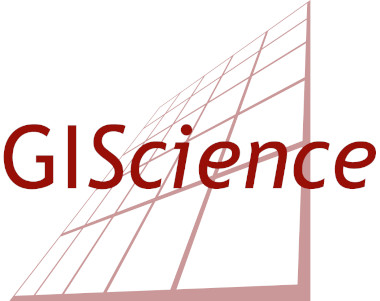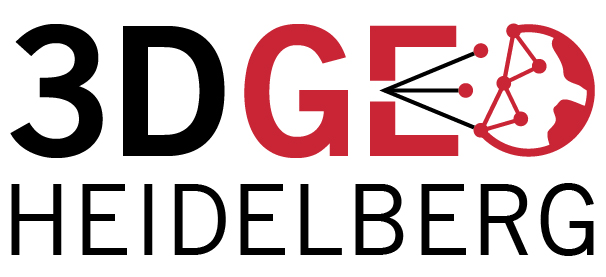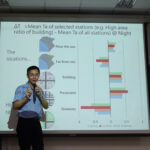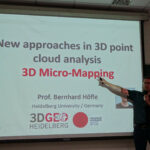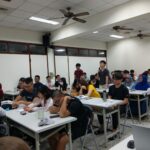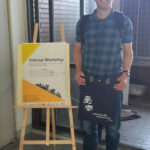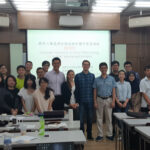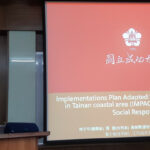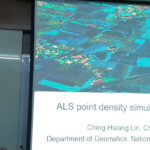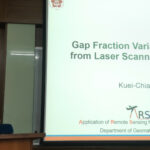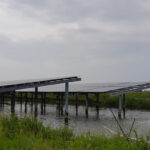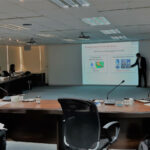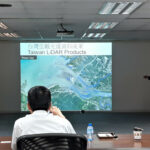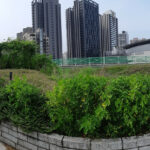Within the BMBF-funded project ER3DS (Emission Reduction in Smart Cities Using 3D Spatial Sensing and Analysis) a second workshop and exchange visit was organized and hosted by the National Cheng Kung University (NCKU) in Tainan, Taiwan, from 16 September to 19 September 2019.
The first day included two lectures at the Dept. of Geomatics (Prof. Wang), followed by lively scientific discussions with students of NCKU:
- When Architecture meets Geomatics: Geomatics for sustainable build environments (Prof. Lin, Dept. of Architecture, NCKU)
- New approaches in 3D point cloud analysis: 3D Micro-Mapping (Prof. Höfle, 3DGeo Research Group, Heidelberg University)
On the following day, a workshop was conducted including discussions of current projects and progress reports of PhD students together with Prof. Wang, Prof. Lin and Prof. Höfle. In the afternoon, the NCKU organized a field visit to fish ponds, where challenges of multi-use (fishing and solar energy production) were discussed.
On Wednesday and Thursday, the ER3DS project partners met with the city governments of Taichung and Kaohsiung, both cities with a population of around 2.8 million. The aim was to identify how methods of 3D spatial sensing and analysis and knowledge on building energy use and urban climate can help to reduce emissions in cities both in Taiwan and Germany. Multiple aspects were discussed, including different frameworks (laws, regulation, policies) for the implementation of urban sustainability concepts, energy patterns, climate contexts in Taiwan and Germany, and transdisciplinary research with different stakeholders.
The meetings were followed by field visits where different ongoing implementations of emission reduction (e. g. green high school roof tops or efficient waste water treatment) and multi-use of urban space in the two cities were shown and discussed.
We would like to thank Prof. Wang, Prof. Lin, Yu-Cheng Chen and Wei Li for organizing this great project meeting with many opportunities for valuable scientific discussions.
The project ER3DS is funded by BMBF (Germany, FKZ 01DO19001) and MOST (Taiwan).
Find further blog entries covering ER3DS here.
